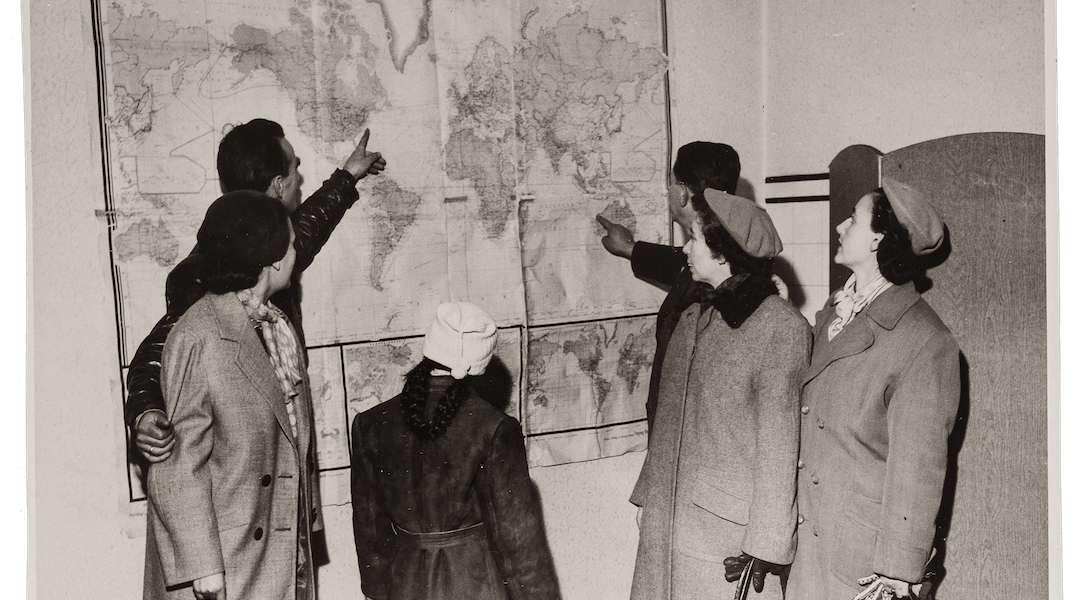British Museum Pressed To Drop Study Tied to Ahava
British scientists and filmmakers have called on the Natural History Museum in London to pull out of a study because of its collaboration with the Israeli company Ahava, which operates in the West Bank.
Ahava/Dead Sea Laboratories, which manufactures cosmetics from mud excavated from the banks of the Dead Sea, is located in Mitzpe Shalem.
The company, said the Jan. 17 letter signed by 21 British scientists and filmmakers, “is based on occupied territory. It extracts, processes and exports Palestinian resources to generate profits that fund an illegal settlement. Israel’s settlement project has been held by the International Court of Justice to break international law. Organizations which aid and abet this process may well themselves be found to be in violation.
“We find it almost inconceivable that a national institution of the status of the Natural History Museum should have put itself in this position,” the letter said. “We call on the museum to take immediate steps to terminate its involvement in Nanoretox and to establish safeguards that protect against any comparable entanglement.”
The museum is coordinating the European Union-funded Nanoretox project researching nanomaterials, substances at the atomic level that are used in a range of industries. Ten research bodies are participating in the study.
Ahava has been the target of boycotts and protests by pro-Palestinian activists in England and around the world.















